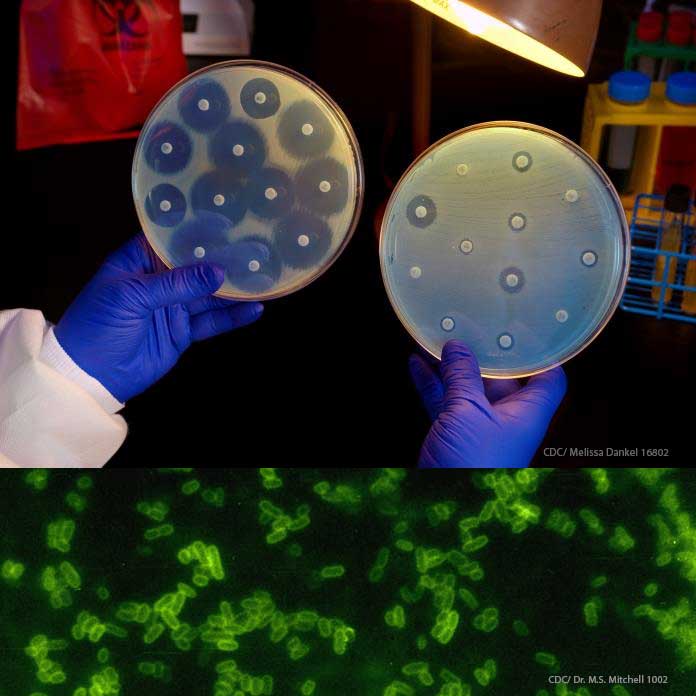The FDA issued a Safety Communication regarding heater-cooler devices associated with nontuberculous mycobacteria infections. These devices use water to heat or cool a patient’s body during surgery.

Mycobacteria are germs that can cause serious illness. There are many kinds, including some that cause tuberculosis. The mycobacterial infections associated with heater cooler devices do not cause tuberculosis, but they still can make people extremely sick, causing lung damage.
The FDA Safety Communication states that “the use of heater-cooler devices has been associated with Nontuberculous Mycobacteria (NTM) infections, primarily in patients undergoing cardiothoracic surgical procedures.” Devices affected include:
- warming blankets;
- oxygenator heat exchangers; and
- cardioplegia (paralysis of the heart) heat exchangers.
The following is from the FDA:
“Between January 2010 and August 2015, the FDA received 32 Medical Device Reports (MDRs) of patient infections associated with heater-cooler devices or bacterial heater-cooler device contamination. Twenty-five of these MDRs were reported to the FDA in 2015. Some reports describe NTM infections related to cardiothoracic surgeries, but other reports do not specify the procedure the patient was undergoing. Eight reports were related to 3 events describing patient infections occurring in U.S. health care facilities. The remaining 24 reports involved health care facilities outside the United States, most of these in Western Europe. In some cases, patients presented with infections several months to years after their surgical procedures. It is important to note that half of the 32 reports submitted to the FDA describe bacterial contamination of the heater-cooler device without known patient involvement or infection. The FDA is not aware of NTM infections acquired by hospital staff.”
The FDA stated that it is possible that some cases have not been reported.
“It is challenging for a health care facility, health care provider, manufacturer, or patient to recognize that infections, particularly NTM infections, may be associated with the use of or exposure to a particular medical device.”
The FDA Safety Communication recommends that hospitals using these devices implement the following measures:
- Strictly adhere to the cleaning and disinfection instructions provided in the manufacturer’s device labeling, making sure the instructions are the most current version;
- Do not use tap water to rinse, fill, refill or top-off water tanks since this may introduce NTM organisms, i.e., only use sterile or filtered water;
- Direct the heater-cooler’s vent exhaust away from the patient’s surgical area;
- Establish regular cleaning, disinfection and maintenance schedules for heater-cooler devices according to the manufacturers’ instructions;
- Develop and follow a comprehensive quality control program for maintenance, cleaning, and disinfection of heater-cooler devices;
- Immediately remove from service heater-cooler devices that show discoloration or cloudiness in the fluid lines/circuits, which may indicate bacterial growth;
- Consider performing environmental, air, and water sampling and monitoring if heater-cooler contamination is suspected, if possible given that environmental monitoring requires specialized expertise and equipment to collect and process samples;
- Follow internal procedures for notifying and culturing patients if they suspect infection associated with heater-cooler devices.
If you believe you or a loved one contracted an infection from one of these devices, the FDA encourages you to report this to FDA’s MedWatch Safety Information and Adverse Event Reporting Program.